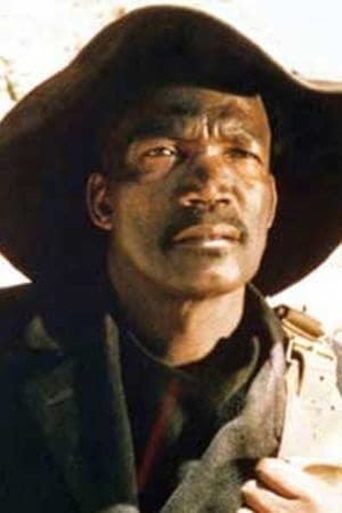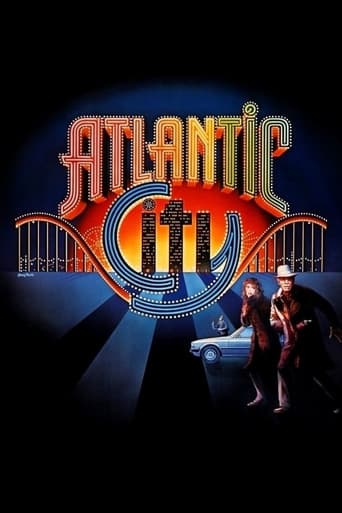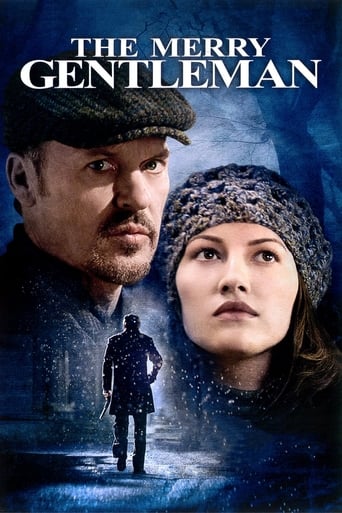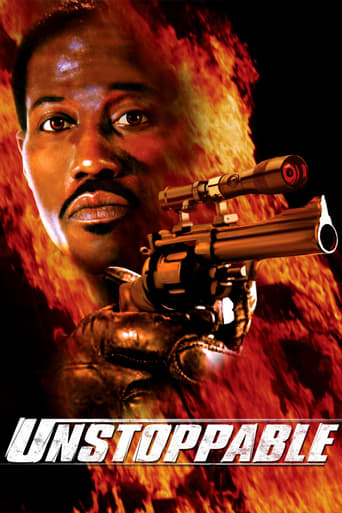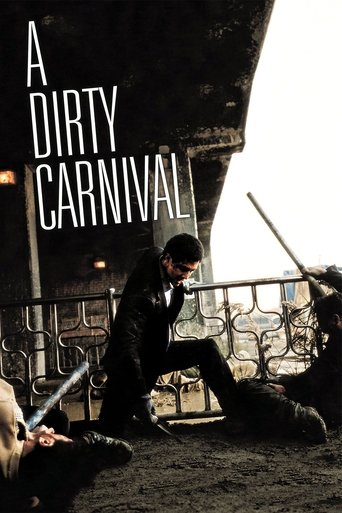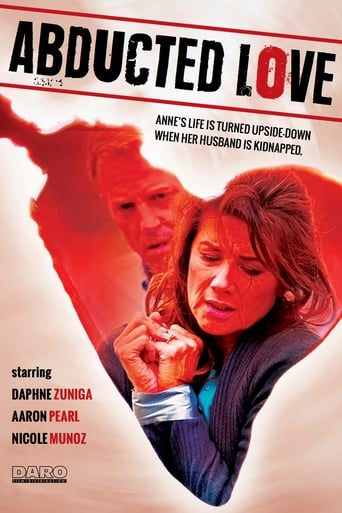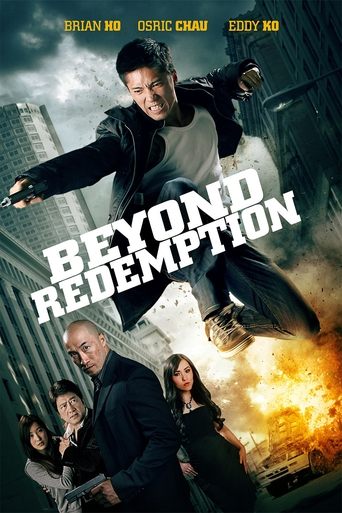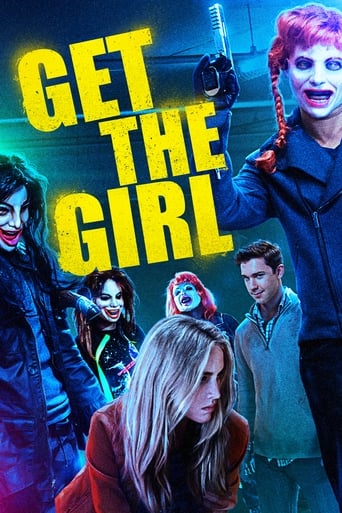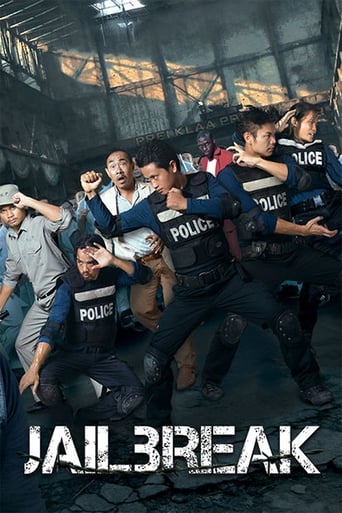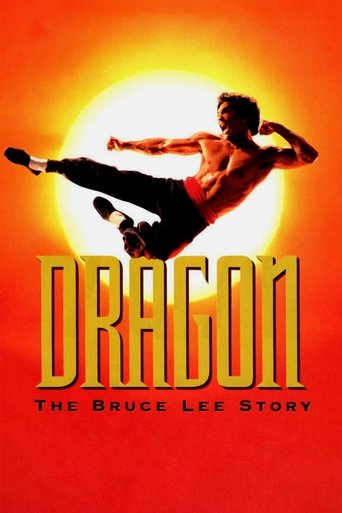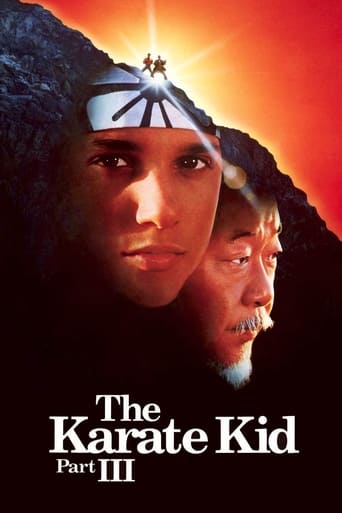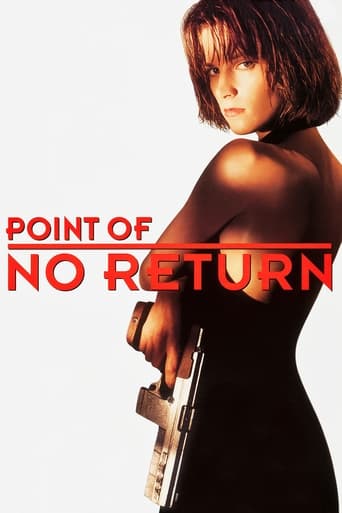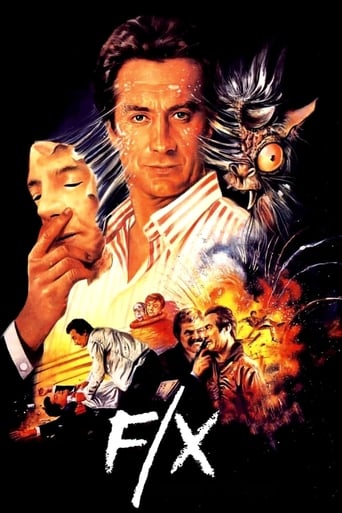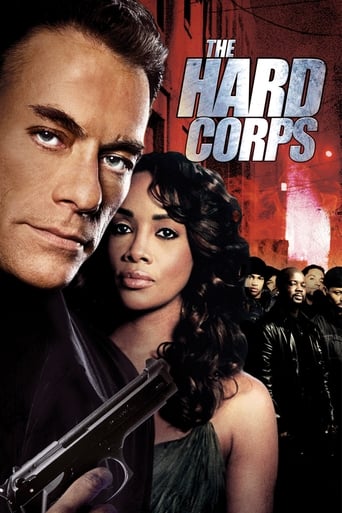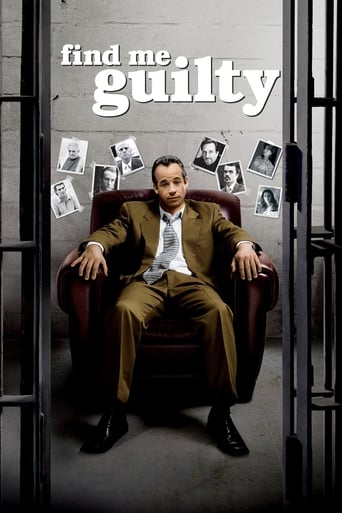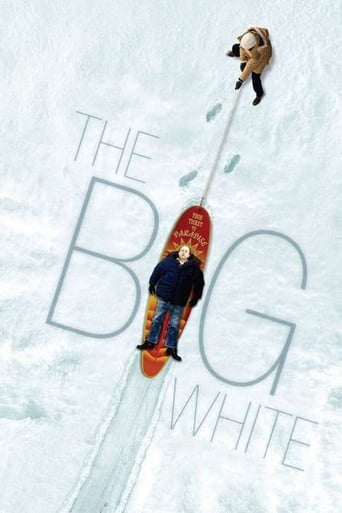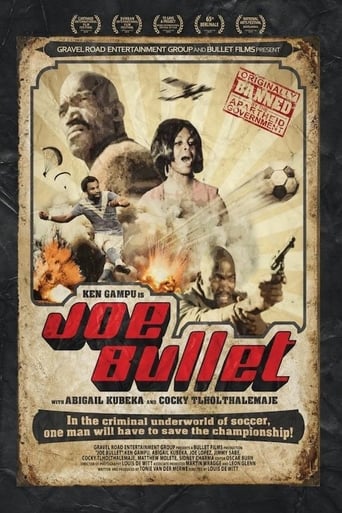
Joe Bullet (1973)
When local soccer team The Eagles fall prey to a series of onslaughts from a mysterious gangster only a week before the championship final, the team turns to the one man that can help save their chances at victory – Joe Bullet (Ken Gampu). Joe will have to battle against villainous henchmen, escape booby-trap bombs and bring his martial arts expertise to the fore in order to survive an attack from a deadly assassin. In the end he will have to infiltrate the mysterious gangster’s hide-out in a dangerous cat-and-mouse rescue mission to save not only The Eagles’ two kidnapped star players, but that of his beautiful love interest, Beauty (Abigail Kubeka). The odds will be stacked against him, but he’s the man that fights crime, the man that no one can tie down! Joe Bullet!
- Louis de Witt
- Tonie van der Merwe
Rating: 5.1/10 by 5 users
Alternative Title:
Country:
South Africa
Language:
English
Runtime: 01 hour 19 minutes
Budget: $0
Revenue: $0
Plot Keyword: martial arts, assassin, kidnapping, gangster, south africa, johannesburg south africa, sexploitation, blaxploitation cinema, football (soccer), criminal underworld, football (soccer) team, eyethu cinema, soweto
**Joe Bullet** was banned shortly after it’s initial release by the Apartheid Government and is now being digitally remastered by the Gravel Road African Film Legacy Initiative. This is also not so much a review but a little extra information courtesy of Benjamin Crowley, CEO of Gravel Road Entertainment Group... **Logline** > When a mysterious gangster starts sabotaging soccer team The Eagles’ chance at winning the upcoming championship final, there is only one man who can save the day…Joe Bullet! **History** > Produced in 1971, JOE BULLET was one of the first South African films featuring an all-African cast, and starred Ken Gampu, of the first black South African actors to appear in Hollywood films. > JOE BULLET was independently released in 1972 in the Eyethu cinema in Soweto, and after only two screenings, the film was banned by the then Apartheid government. The film was later unbanned after special appeal and a personal screening to the Minister of Communications. The film was, however, never released again and simply disappeared. > Now, after more than 40 years, the film has been digitally restored and finally available for world-wide release.

